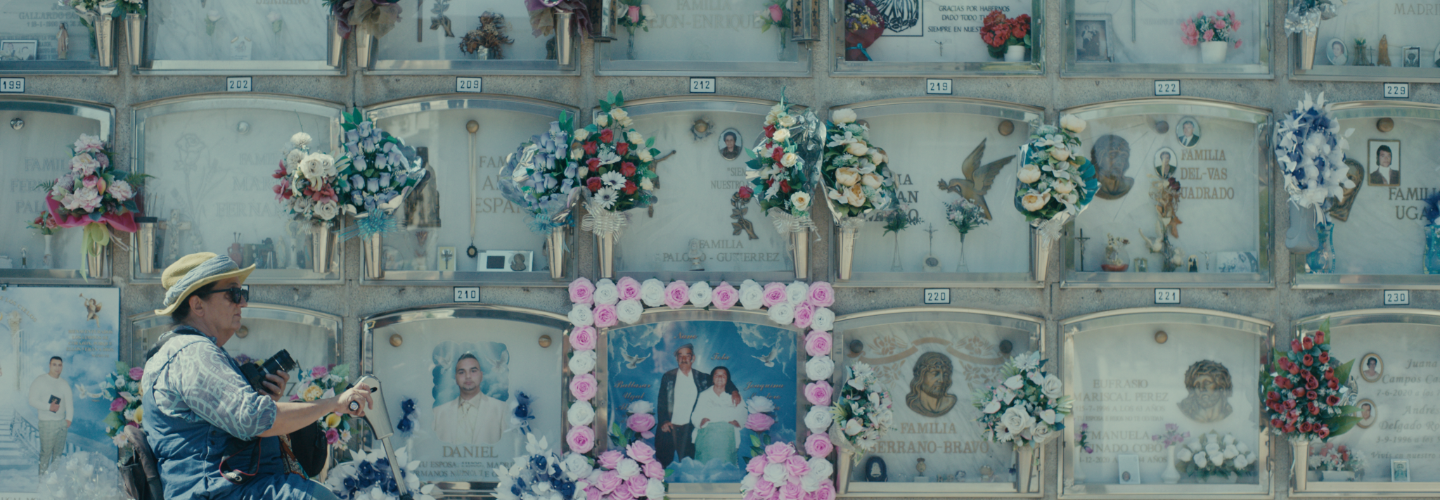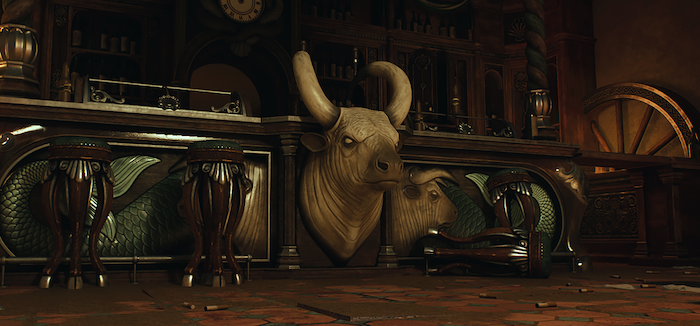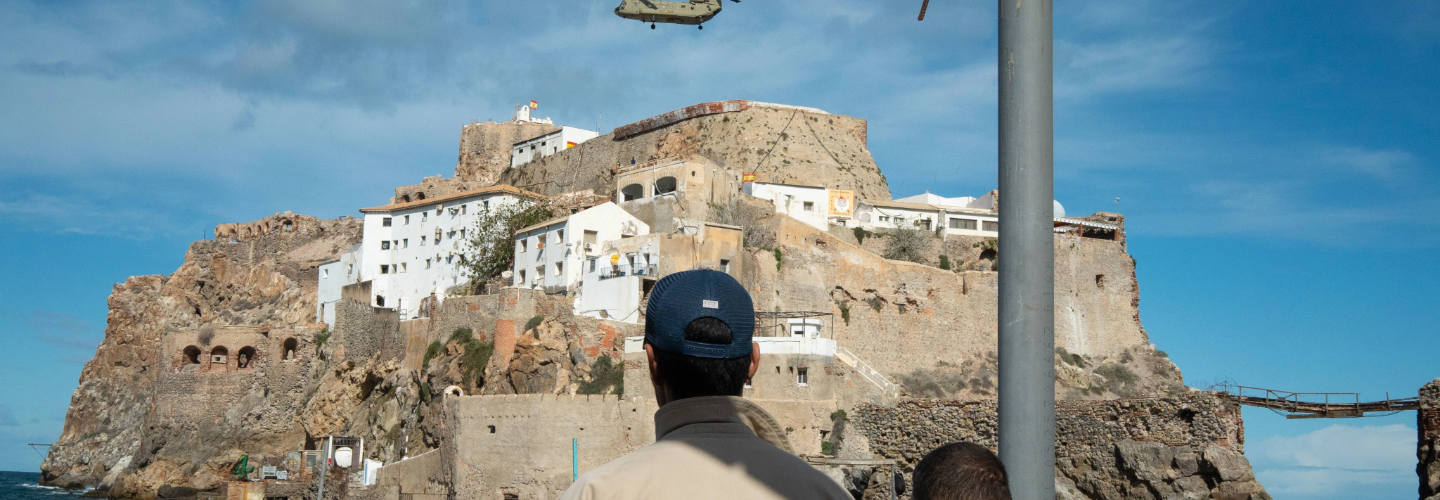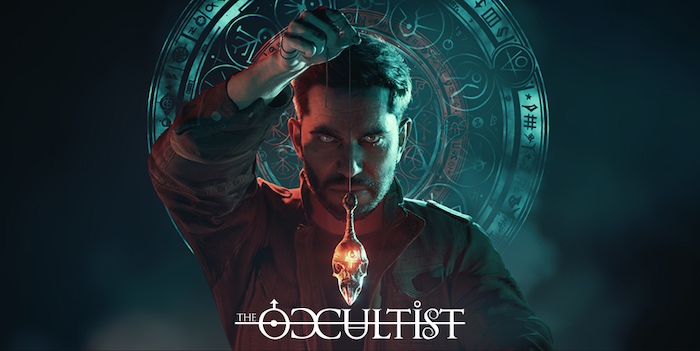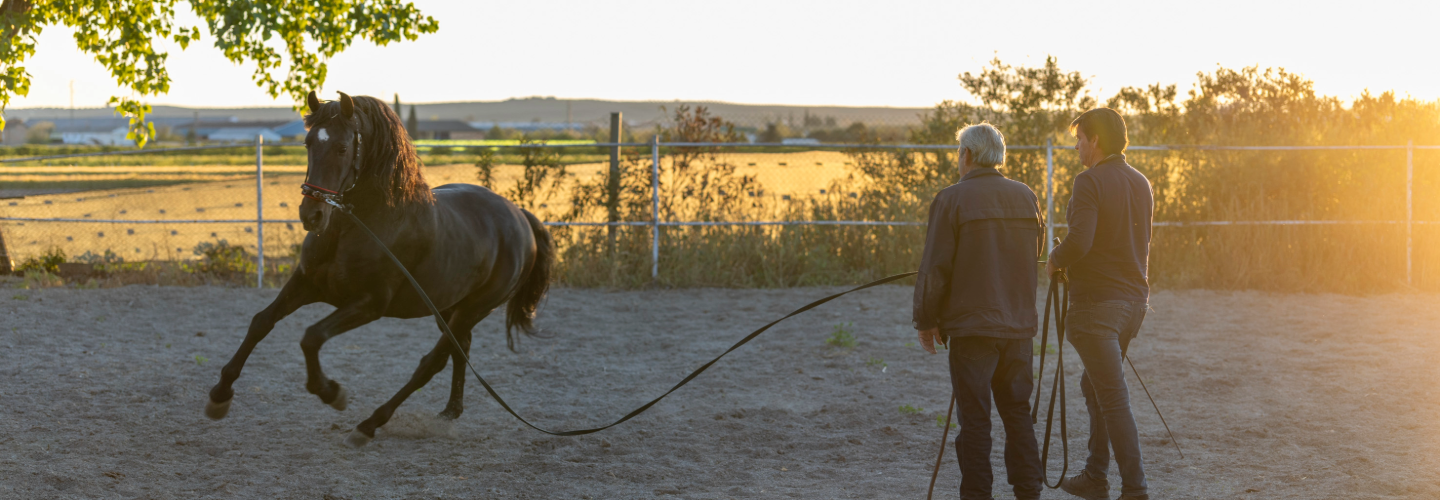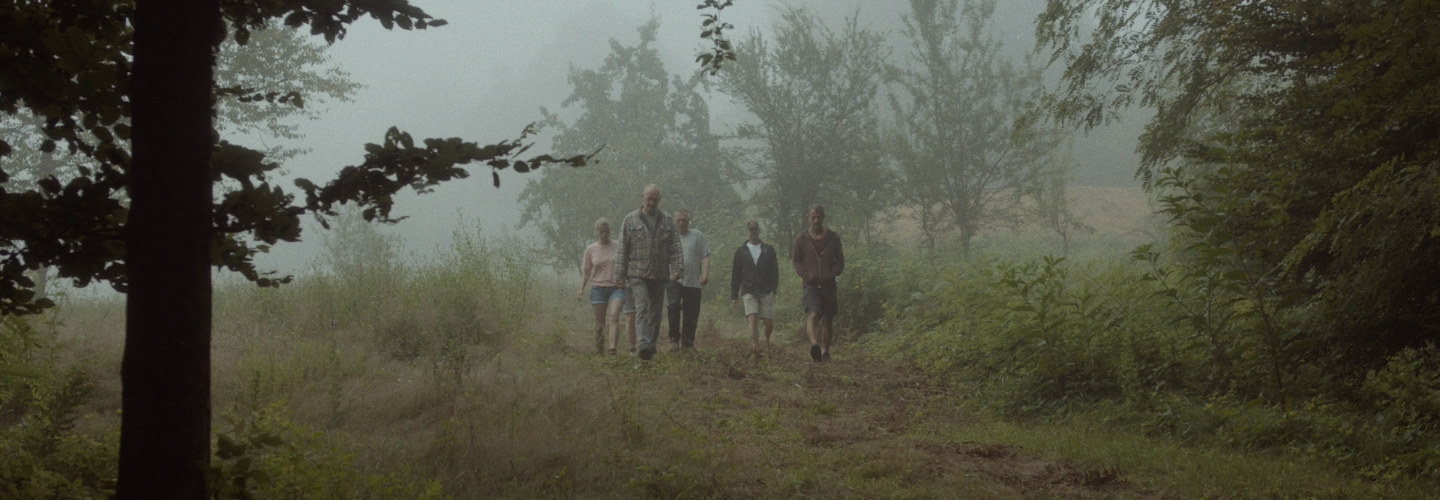Animar_BCN calls for greater pan-European cohesion of the sector and announces new events
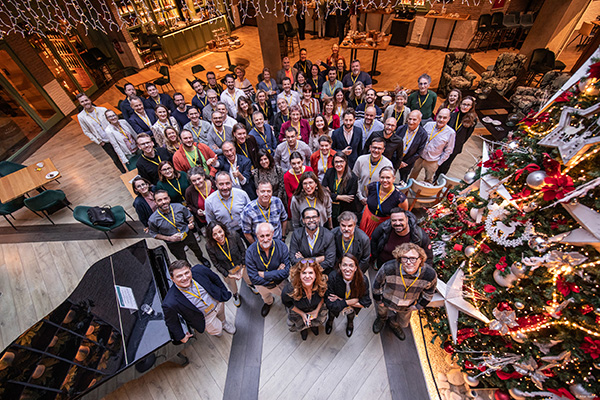
Animar_BCN brought together almost a hundred attendees this year, representing 60 public bodies, broadcasters, production representatives and pan-European institutions.
A stronger legal framework of support, compatible with the different territories to promote European co-productions, the improvement of tax incentives linking them to the retention of intellectual property (IP), the imperative need to review and correct the underfunded children's programming, as well as to strengthen its protection and the development of a common guide on good sustainable practices are some of the conclusions and objectives of work that they highlighted in Animar_BCN, a brainstorming event that was held last November in Barcelona.
Animar_BCN is an initiative of the producers association PROA, its animated lobby ProAnimats and has the support of Animation From Spain, the Catalan film body ICEC, the Spain's film body ICAA, the Spain Audiovisual Hub and ICEX Spain Trade and Investments among other institutions and organisations.
The aim of Animar_BCN is to develop a series of recommendations aimed at strengthening the animation industry in Europe and stimulating cooperation between the different European regions. Animation producers' associations from a total of 22 countries will soon formalise their proposals through Animation in Europe (the federation of European animation producers) to the various national and pan-European bodies in the sector.
The congress was structured around four working groups. The first of them focused on the legal framework of European animation works. The working group was co-moderated by Els Hendrix, responsible for international and European film policy at the Federal Government Commissioner for Culture and Media (BKM) and Eurimages' German representative, and Philippe Alessandri, president of Animation in Europe.
A second working group focused on the analysis of co-production agreements, public financing schemes, intensity of public aid, etc. This discussion was moderated by Alex Traila, Pilot Programme for Series Coproduction - Programme manager Eurimages, Council of Europe, and Iván Agenjo, Vice President of Animation in Europe.
A third discussion topic revolved around the relationships – especially close and changing – of animation with AI. In its impact on the sector and the transformations that are being generated in the way we think, create and consume. The working group was moderated by Lucía Recalde, Head of the Creative Europe Unit MEDIA, DG CONNECT – Communications Networks, Content and Technology – of the European Commission, and Moe Honan, Vice-President of Animation in Europe.
And a fourth focus of reflection was occupied by the criteria of sustainability in the workflows in animation. This working group was moderated by Carlota Guerrero, Manager of the Catalunya Film Commission and EUFCN Co-President, and Dirk Beinhold, Vice President of Animation in Europe.
WG 1 – Legal Framework for European Animation AV Works
The purposes of this working group ranged from following up on the Implementation of the Audiovisual Media Services Directive (AVMSD); the precise definition with its corresponding implications of "independent producer"; and the crucial importance of IP retention, etc.
Some of these issues were addressed in previous editions and therefore, the conclusions reached were the fertile ground for the debate of the current edition. The conclusions of previous years can be summarised in the need for a legislative framework that is as common as possible. It is clear that each country is sovereign to enact its own regulations. If we add to this how arduous it would be to unify the regulations, the path ahead is that of a compatibility of the various systems.
On this basis, in the third edition, the emphasis was placed on the territory of series, where work is being done on a "Convention on the Co-Production of Audiovisual Works in the Form of Series (Draft)". The draft is expected to be published soon, so that it can be ratified by all European countries. This Treaty emanates from the Council of Europe, of which the UK is a member, as well as the European Broadcasting Union (EBU), two links between the British country and the sector.
In addition to the demand for a greater influx of public money, there was also unanimity in promoting more competitive tax incentives. The discussion also delved into certain disagreements regarding the issue of the criteria specific to countries, the concept of territoriality or the intensity of aid.
Where there was less divergence was in pointing out as an underlying problem that public resources may be diverted to platforms and foreign producers through "service incentives", which, on the other hand, must exist for the promotion of the industry. As explained by a delegate: "the problem is when that prevents local producers from accessing talent at a reasonable price, or we can access incentives for local production. In the debate, an idea of positive discrimination was launched in the sense that original animation productions will be able to access higher incentives than those of pure service, and that they should be linked to the retention of the IP".
The situation in Czechia was mentioned, where on January 1, 2025, a new system came into force whereby animation and visual effects will enjoy higher incentives than "live action", with the fulfillment of a series of requirements. In Italy, the new incentive system also links the requirements to IP issues. In short, linking funding to a number of requirements in this regard can help to encourage co-production rather than turning Europe into a territory of services.
WG 2 – Fostering European Animation Coproductions
The specific need in animation to make a longer and more expensive development than in “live-action” cinema was underlined. In this sense, one of the conclusions and proposals of the working group was the advisability of allying the know-how of television stations with the financial capacity of public funds in this initial phase of the projects. "We need to create mixed tools where the public fund puts money into the development of those projects that are in some way validated by two television stations from different European territories," explains Agenjo, President of Catalan animation lobby ProAnimats and named Producer of the Year at Cartoon Forum in 2022.
In this way, a product validated by two television stations and a solid sense of the market would have good access to a development fund. This opens up another interesting debate, because in the end, if the context favours the alliance of two territories (via television), they are always related or neighbours. In other words, the Nordic countries tend to co-produce with each other, Spain and Portugal would perhaps find more opportunities, as well as the United Kingdom with Ireland. At this point, do we have to try to involve different or similar/neighbour countries? This was another of the discussions launched.
WG 3 – AI & Animation
AI obviously attracted a great deal of interest. If the phenomenon of AI has landed in all sectors and in our lives, it is doing so with special intensity in animation, where technique and art are linked with singular strength.
On the other hand, we talk about IA in very different contexts and meanings. Interest is currently concentrated around generative intelligence, but we have been using analytical AI for years, which is what helps us process information and does not generate a visual output. Digital animation software is, on the other hand, a kind of artificial intelligence. This was discerned and debated in the group that established a clear difference between the different types of AI: those that are simply analytical or that allow you to speed up production processes (as has always happened with technology) and then there is generative AI that can raise thorny problems with the copyright of works.
One of the conclusions of the group was the need to establish a Best Practice Guide, which could be developed by Animation in Europe. This guide should "census" the AI engines or applications that are made in Europe and of which there is official evidence that they meet a series of requirements, as well as others that are not recommended for different reasons.
WG 4 – Green Animation
This working group noted the crucial moment for the European animated industry and agreed to highlight the importance of unifying efforts and criteria when addressing the environmental challenge. Being an eminently "green" and environmentally friendly sector, and which usually involves the linking of multiple territories, the truth is that there are still no standard, unified and inter-territorial criteria.
"As an industry based on international collaboration, animation needs to be at the forefront of the pathway to a common tool promoting and implementing sustainability. While live action production across Europe can make use of different existing protocols and certifications for sustainable production, there are no such resources available for green animation production," Carlota Guerrero pointed out.
Dirk Beinhold explained: "The attendees of the sustainability think-tank agreed to engage the national stakeholders in their countries to join an existing international working group led by Ecoprod to develop a set of guidelines specific for animation to facilitate international coproduction and act as the blueprint for green animation production standards and tools across Europe."
Finally, the value of encouragement or example that animation could constitute for other creative industries to follow suit, given its global reach and influence, was underscored.
Related
Related news
-
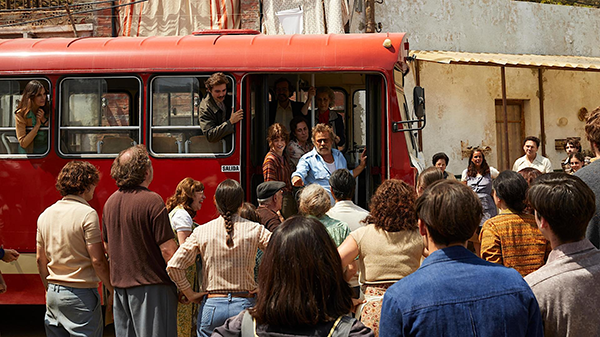
"cmp-button__icon--noticiasClock">03 January 2025
"cmp-button__icon--noticiasClock">03 January 2025
Spanish film exhibition closes 2024 with optimism thanks to an extraordinary end to the year
The summer months, as well as November and December, saved a year whose first half did not record good figures. However, Spanish cinema and local distributors ended up being the year's big winners, increasing their revenues compared to 2023.
Fiction Docs Animation"cmp-button__icon--noticiasClock">03 January 2025
-

"cmp-button__icon--noticiasClock">23 December 2024
"cmp-button__icon--noticiasClock">23 December 2024
Q&A with Antonio Saura, founder of Latido Films

For over two decades at the helm of Latido Films, Antonio Saura has sold key titles of Spanish cinema worldwide. Moreover, his unique experience in the sector is also backed by his credits as a producer for Zampa Audiovisual and Zebra Producciones, as well as his role as deputy chairman of the European Film Academy from 2008 to 2019, and his two-year tenure as director of the Media Business School, one of the most prominent international business training institutions. Saura’s historical perspective is undoubtedly exceptional in terms of the history of Spanish cinema and its global reach.
Some recent, brilliant Spanish titles in Latido line-up include Isaki Lacuesta’s “Saturn Return”, Carlos Marques-Marcet’s “They Will Be Dust”, Antón Álvarez’s “The Flamenco Guitar of Yerai Cortés” or David Pérez Sañudo’s “The Last Romantics”.
Fiction Docs Animation"cmp-button__icon--noticiasClock">23 December 2024
-

"cmp-button__icon--noticiasClock">28 November 2024
"cmp-button__icon--noticiasClock">28 November 2024
Animar_BCN calls for greater pan-European cohesion of the sector and announces new events
A stronger legal framework of support, compatible with the different territories to promote European co-productions, the improvement of tax incentives linking them to the retention of intellectual property (IP), the imperative need to review and correct the underfunded children's programming, as well as to strengthen its protection and the development of a common guide on good sustainable practices are some of the conclusions and objectives of work that they highlighted in Animar_BCN, a brainstorming event that was held last November in Barcelona.
Animation"cmp-button__icon--noticiasClock">28 November 2024
-

"cmp-button__icon--noticiasClock">10 June 2024
"cmp-button__icon--noticiasClock">10 June 2024
Spanish Animation at Annecy 2024: A Remarkable Year
The presence of Spanish titles in the official sections of the Annecy festival, alongside projects showcased in the market area (MIFA), and initiatives supported by ICEX Spain Trade and Investment, underscores a trend long suggested by both local and international media. Spanish animation is undergoing a notable expansion, indicating a trajectory far beyond mere fleeting success.
Animation "cfm__rectangle"> MIFA Annecy 2024"cmp-button__icon--noticiasClock">10 June 2024
-
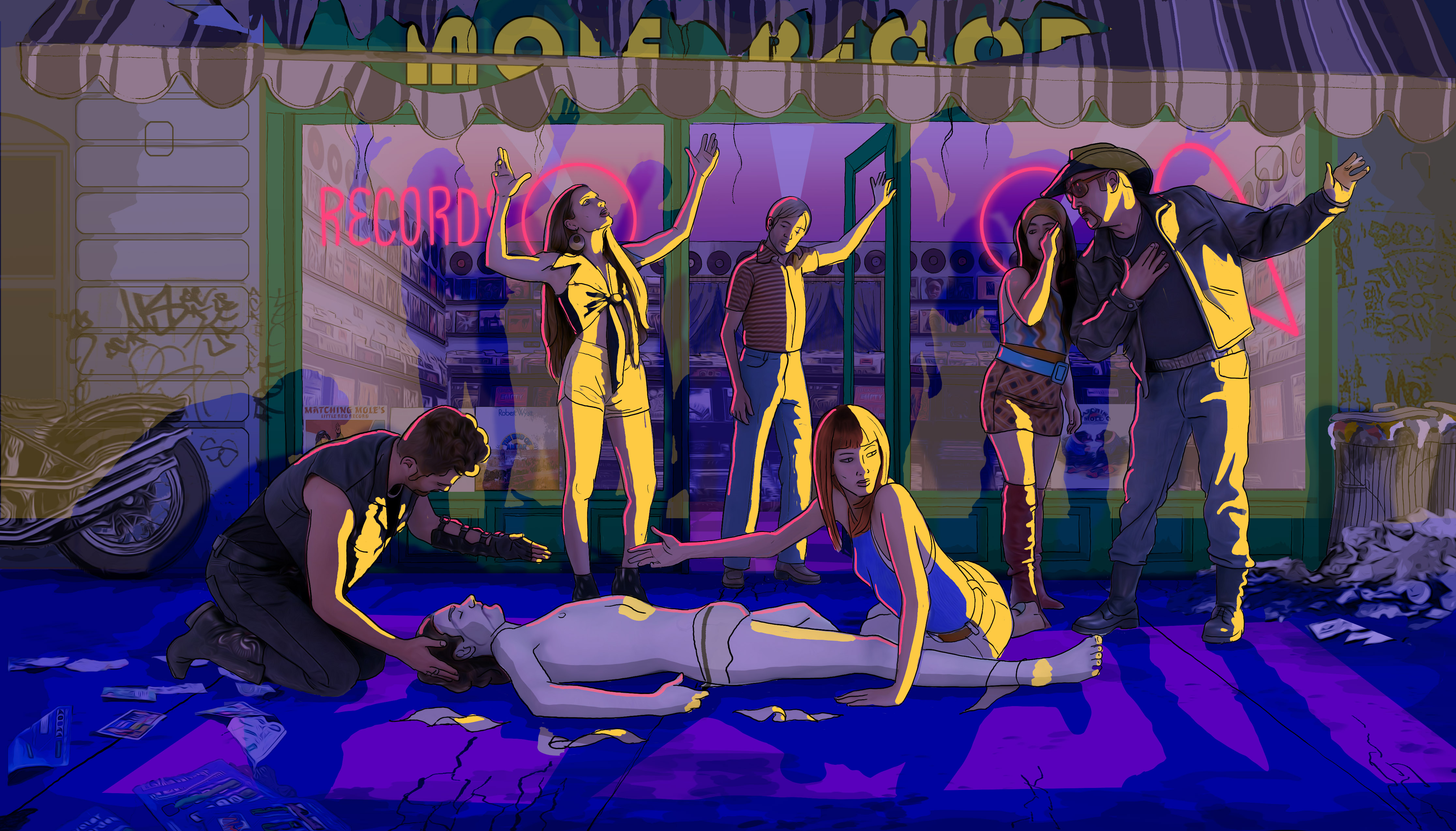
"cmp-button__icon--noticiasClock">19 April 2024
"cmp-button__icon--noticiasClock">19 April 2024
Spanish Animation: Solid Reasons for Optimism
From Cannes to the Quirino Awards, Spain's animation industry celebrates a surge in international recognition, buoyed by diverse productions and strategic collaborations, heralding a promising future for the sector.
Animation"cmp-button__icon--noticiasClock">19 April 2024
-
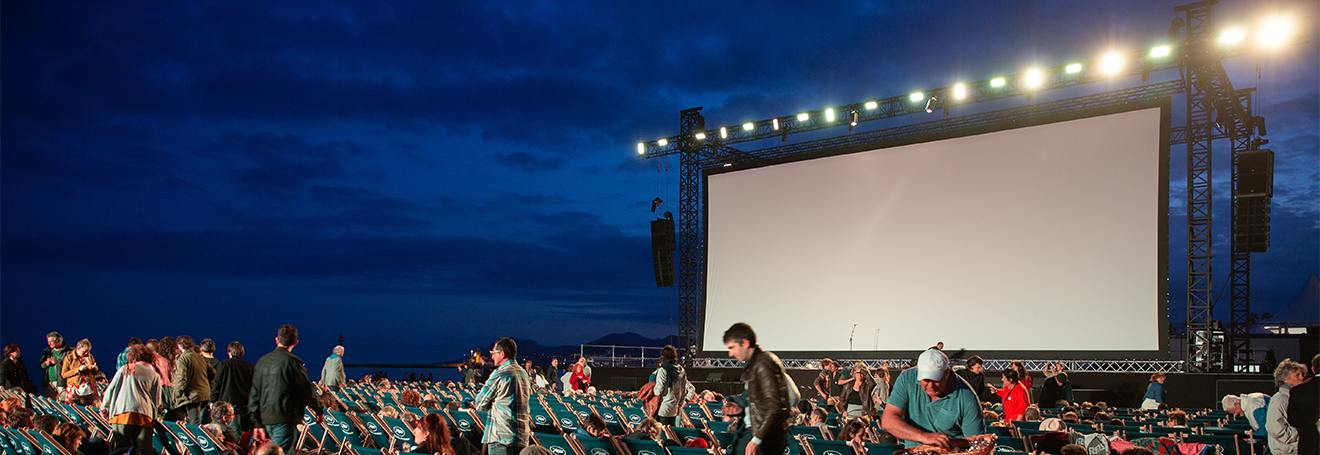
"cmp-button__icon--noticiasClock">20 April 2023
"cmp-button__icon--noticiasClock">20 April 2023
Spanish Representation at the Marché du Film Stands out in 2023, with More than Twenty Spanish Projects Selected in Official Programs
The names of the projects selected to represent the Spanish film industry at the Cannes Film Festival market have been announced: five producers will participate in the Producers Network's Spanish Spotlight, four documentary proposals will be presented in the Spanish Showcase at Cannes Docs, five projects in development will be presented by Spanish Screenings at Goes to Cannes and eight short films will be shown at the Short Film Corner.
Fiction Docs Animation Games"cmp-button__icon--noticiasClock">20 April 2023
-
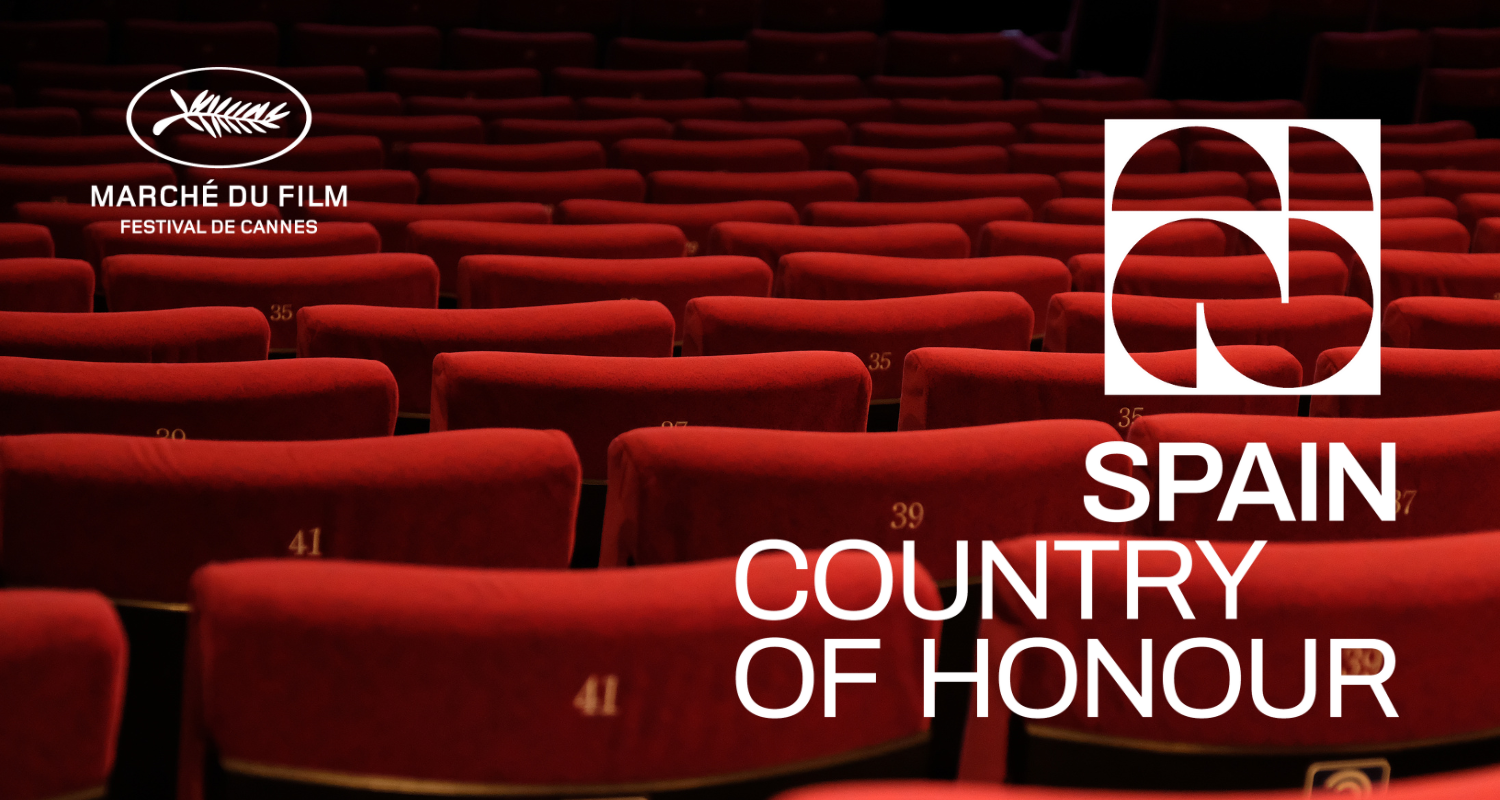
"cmp-button__icon--noticiasClock">07 March 2023
"cmp-button__icon--noticiasClock">07 March 2023
Spain Named as Country of Honour at the 2023 Marché du Film - Festival de Cannes
Spain will continue to celebrate and promote its achievements in Cannes at the upcoming Marché du Film, the world’s biggest international film market event, taking place from 16 to 24 May during the 76th edition of the Festival de Cannes.
Fiction Docs Animation XR"cmp-button__icon--noticiasClock">07 March 2023
-
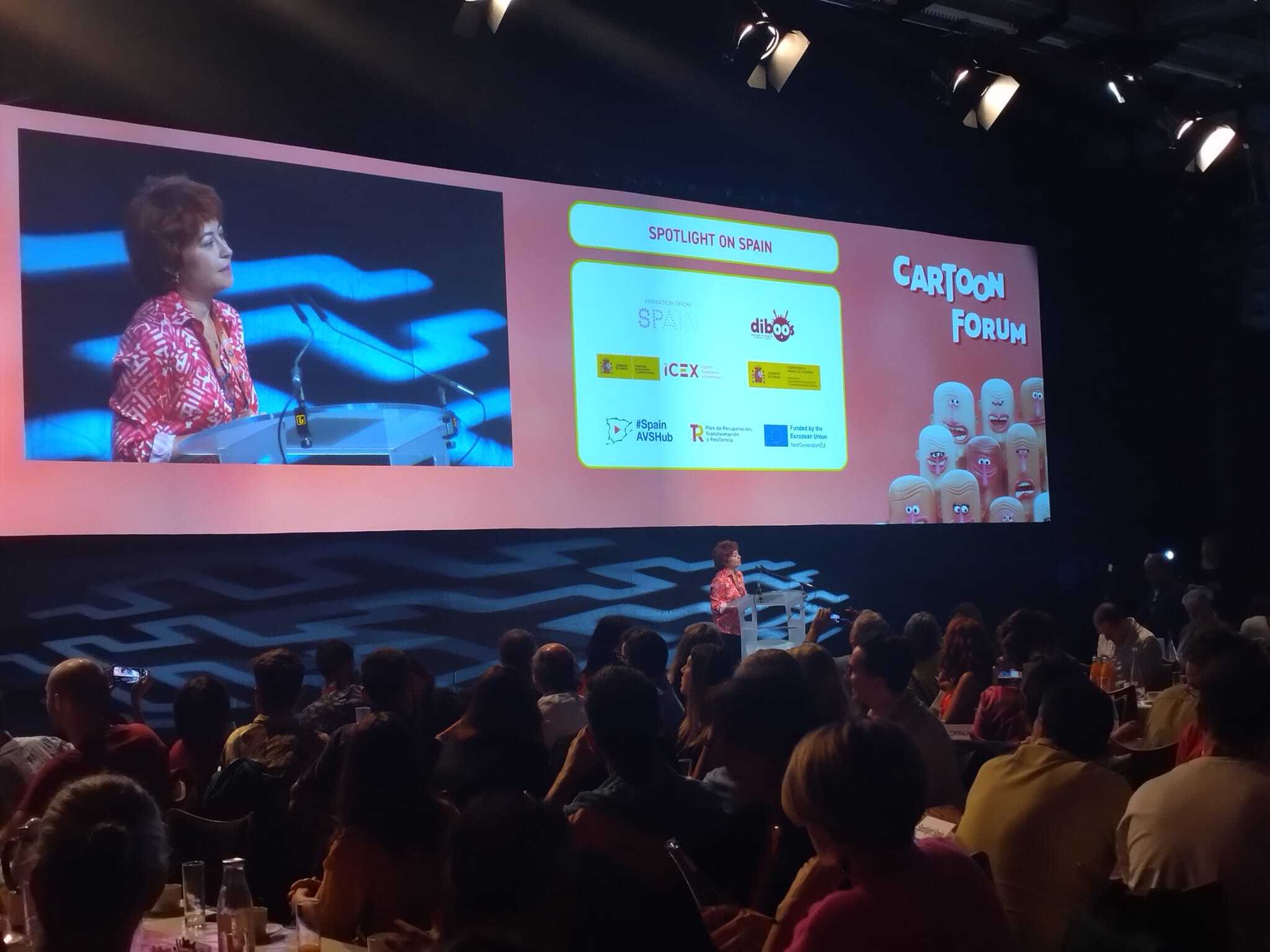
"cmp-button__icon--noticiasClock">26 September 2022
"cmp-button__icon--noticiasClock">26 September 2022
The rise of the animation industry in Spain was one of the narrative benchmarks of this event, held from September 19 to 22 in the French city of Toulouse
The rise of the animation industry in Spain was one of the narrative benchmarks of this event, held from September 19 to 22 in the French city of Toulouse
Animation"cmp-button__icon--noticiasClock">26 September 2022

